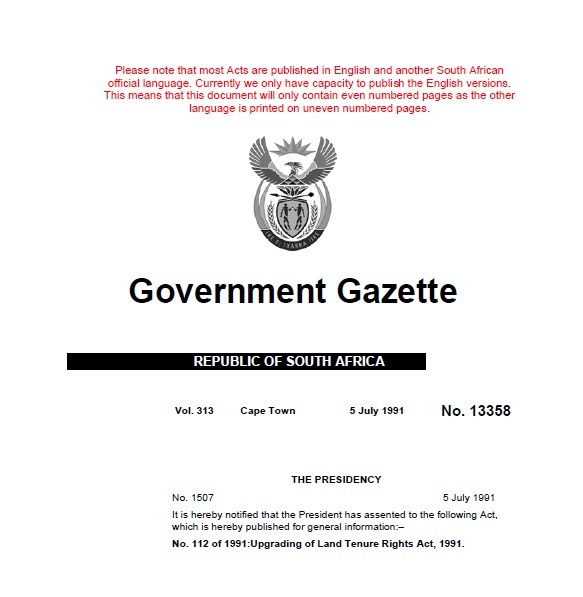Constitution of the Republic of Moldova.
All citizens of the Republic of Moldova are equal before the Law indifferent on their origin, their origin, their social and patrimonial state, their race and nationality, their sex, education, language, religion, occupation, place of residence and other circumstances (Article 4).



